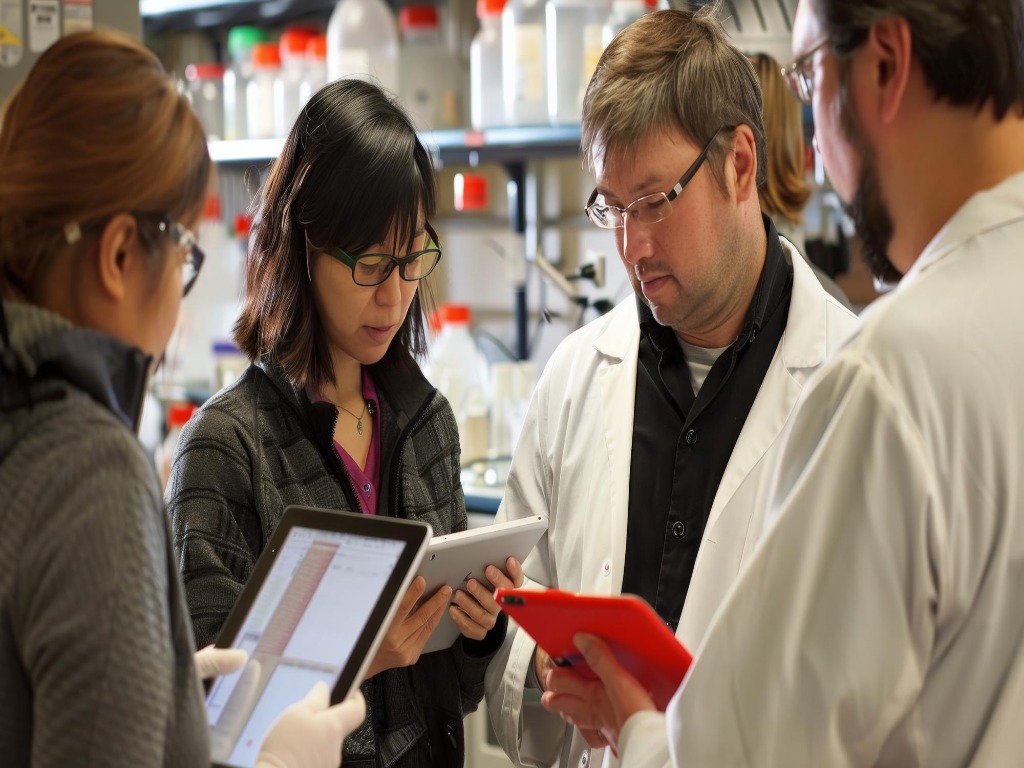

As global healthcare continues to face complex challenges—ranging from pandemics to rising chronic diseases—the role of pharmacy graduates has never been more vital. At Indore Institute of Pharmacy, the pharmacy colleges in indore where these professionals are no longer confined to dispensing medications; they are now key contributors to drug development, public health policies, clinical trials, regulatory frameworks, and patient care optimization.
Institutions that consistently rank among the pharmacy colleges are preparing graduates to play an influential role on the world stage. These future pharmacists are trained not only in the science of medicine but also in ethical leadership, technological innovation, and global health strategies. This article explores how pharmacy graduates, empowered by advanced education and industry-relevant training, are poised to transform healthcare systems around the world.
Indore Institute of Pharmacy (IIP), a flagship institution under Institute, is AICTE and PCI-approved and recognized for producing globally competent pharmacy professionals. At IIP, students receive rigorous academic training paired with international exposure through research projects, seminars, and webinars with healthcare experts from across the globe. The institute places strong emphasis on preparing graduates for careers in pharmacovigilance, regulatory affairs, clinical trials, and global health. Through events like International Pharma Week, awareness drives, and intercollegiate symposia, students build global insights and leadership skills. IIP also nurtures personality development through cultural fests, student clubs, and career-readiness workshops. Graduates from IIP are prepared not only for domestic success but also to contribute meaningfully to healthcare systems worldwide with knowledge, ethics, and innovation.
Integrated Clinical Knowledge : Top-tier pharmacy programs ensure students master pharmacotherapy, pathology, patient counseling, and therapeutic drug monitoring. This clinical knowledge enables them to support physicians and contribute to treatment strategies worldwide.
Research Contributions with Global Reach : Graduates from reputed colleges contribute to research in oncology, virology, and neuropharmacology. Their work, often supported by international publications and collaborations, advances treatment options for diseases affecting populations worldwide.
Navigating Regulatory Landscapes : Pharmacists trained in global regulatory affairs help multinational companies comply with different health authority standards such as USFDA, MHRA (UK), EMA (Europe), and CDSCO (India). Their expertise ensures the lawful and ethical distribution of medications worldwide.
Genetic-Based Prescriptions : The rise of personalized medicine has created demand for pharmacists with knowledge in pharmacogenomics. By understanding genetic profiles, these professionals help optimize drug dosing and minimize side effects—a practice growing rapidly in the U.S., Japan, and Europe.
Telepharmacy and Remote Counseling : With telehealth gaining momentum, pharmacists are now offering remote consultations, prescription verifications, and medication adherence checks. This is especially vital in rural and underserved regions across continents.
International Academic Exchanges : Top pharmacy institutions encourage student exchange programs, collaborations with overseas universities, and internships with global healthcare companies. These experiences foster cultural competence and broaden students’ understanding of global pharmaceutical practices.
Licensing Preparation : Leading institutions offer coaching for licensing exams like the FPGEE (USA), PEBC (Canada), and GPhC (UK). These certifications allow graduates to practice pharmacy in various countries and contribute to their healthcare workforce.
Shaping Drug Policy : Pharmacy professionals often serve as advisors on national and international health boards. Their scientific knowledge, combined with public health training, allows them to influence medication-related policies, pricing, and access initiatives.
Green Pharmacy Initiatives : Environmentally conscious graduates are advocating for sustainable drug manufacturing and proper disposal practices. They help healthcare systems reduce their ecological footprint.
Health Literacy and Community Outreach : Pharmacists are often the first point of contact for health information. Pharmacy graduates with training in communication and behavioral science lead campaigns on chronic disease management, immunization, and lifestyle modifications.
Pharmacy graduates are indispensable to the future of global healthcare systems. At Indore Institute of Pharmacy, the list of pharmacy college in indore where the unique blend of clinical expertise, regulatory knowledge, ethical awareness, and innovative thinking allows them to serve patients and institutions on a global scale.
Educational institutions that have recognized this potential. By offering forward-thinking curricula, hands-on training, international exposure, and access to cutting-edge research, they are shaping graduates who are not only job-ready but also mission-driven.
Whether it’s through drug discovery, patient counseling, global health policy, or digital pharmacy, the impact of these professionals will continue to echo across borders—improving lives, innovating treatment, and strengthening healthcare systems worldwide.